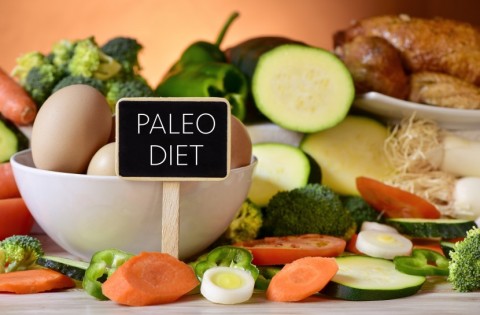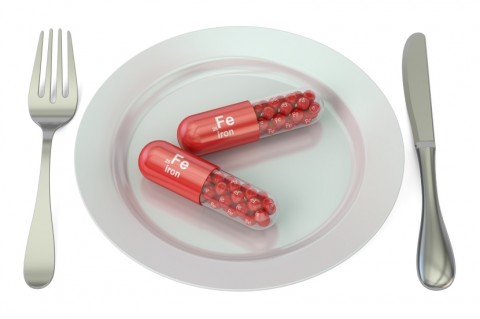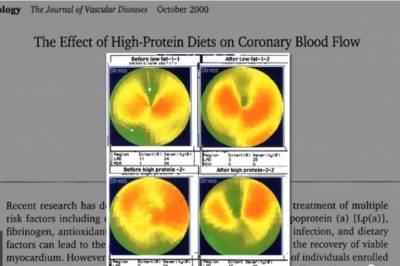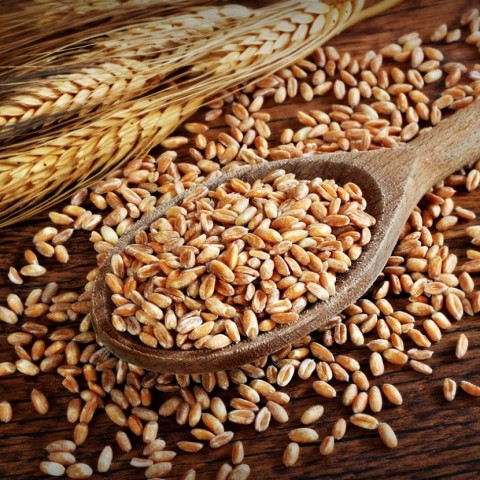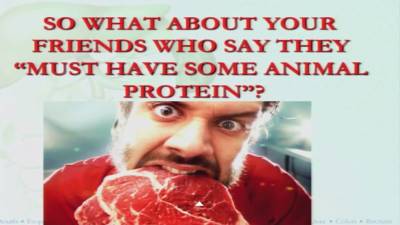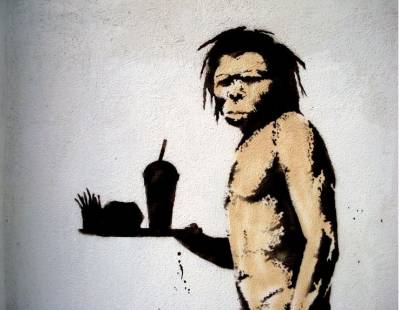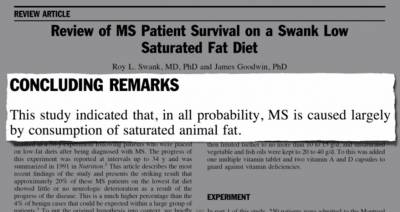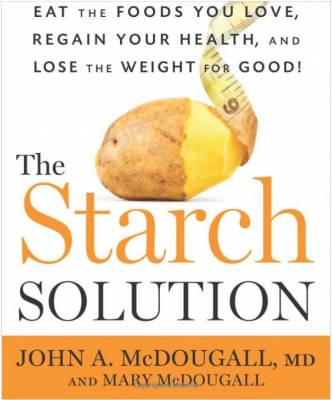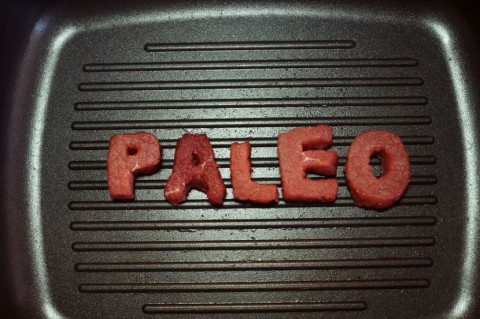Loren Cordain, PhD, founder of the Paleo Diet movement, says, "The starting place for optimal human diets Ares [sic] the minimally processed fresh meats, seafood, fish, fresh vegetables, fruits and nuts that were the staple of our ancestral diet." But is this really what ancient humans ate? To discover the human diet from far back...
DrCarney.com Blog
Did our ancestors have wisdom that we can recover to help us with our modern health problems? Both the Weston A. Price Foundation and the promoters of Paleolithic diets claim this is the case. They suggest that the deficit of lacto-fermented foods in the modern Western diet deprives us of beneficial gut bacteria thus making...
When asked which foods contain iron, most people will respond by listing several types of meat -- beef, shellfish, liver, etc. Few are aware that iron is prevalent in a wide variety of whole plant foods. For example, dark green leafy vegetables, whole grains, beans/legumes, nuts/seeds, are rich sources of iron. Our omnivorous friends often assume...
Low-carb, high-protein diets such as the Paleo or Zone diet, have become very popular, especially among many fitness-minded groups such as CrossFit. To their credit, low-carb diets such as the Paleo diet eschews dairy, refined foods, and added sugars/salts, although they severely limit complex carbohydrates which are the primary component of a whole-food, Starch-Smart® diet. Supporters of low-carb diets obtain the majority of their calories from animal protein and fat. No other diet has generated as much emotion or controversy as these low-carb diets have. (Information regarding whole grains can be seen here.)
One of the concerns we hear about eating grains and legumes from the low-carb, high-protein advocates is that grains/nuts/legumes contain a compound called "Inositol hexaphosphate (IP-6)" or better known as the anti-nutrient phytic acid or phytate. Unfortunately, this compound has received a lot of both unwarranted and unfavorable publicity. Phytate is a naturally occurring compound...
After making the transition to a whole-food, plant-based diet, you may encounter others who have also tried to go plant-based, yet have failed. The main reason for returning to their animal-based diet was due to lack of energy. They claim that they feel better when they eat animal protein. Dr. Michael Klaper addresses this issue...
The "Paleo" diet or "Caveman" diet has recently become a popular diet, especially among some fitness groups such as CrossFit. The Paleo diet is a modern day diet based on the presumed ancient diet of early man during the Paleolithic Era.
There are many aspects of this diet which are health promoting, such as the addition of fruits, vegetables, and nuts and seeds. Other beneficial attributes include the avoidance of dairy products, processed snack foods, and alcohol. However, legumes, grains, and starchy vegetables have also been eliminated which are beneficial and are a significant part of a whole-food, Starch-Smart® diet. The Paleo diet centers its meals around animal products, much like the typical American diet, and is high in saturated fat and low in carbohydrates. Advocates state that the high percentage of animal products to whole plant food is a key feature of this diet with sausage, bacon, lard and tallow being acceptable.
Multiple sclerosis is a degenerative autoimmune inflammatory disease of the central nervous system where our body attacks our nerves. The most popular drugs used to treat multiple sclerosis cost over $55,000 a year, however it was found that these drugs have not been proven to prevent or delay long term disability and are largely ineffective....
You will absolutely love this one-hour presentation given by Dr. John McDougall. Based on the latest scientific research, Dr. McDougall passionately describes in detail why human beings thrive on consuming a starch-based diet. His message affirms that, "All large successful populations of trim, healthy people, throughout verifiable human history, have obtained the bulk of their...
High protein diets such as the Atkins or Paleo diet may result in initial rapid weight loss, however, there are numerous adverse health consequences associated with these types of diets. So, while the weight may be decreasing other serious health risks are increasing. Is it worth the risk to lose weight in this way? In a nutshell: No!
The Paleo Diet, which refers to the Paleolithic Diet, (or Caveman Diet), has become a popular approach to weight loss and improved health. The Paleo Diet restricts carbohydrates and starches such as potatoes, beans, legumes, and grains and encourages animal products to be eaten at every meal. Dr. John McDougall refers to the Paleo Diet...

